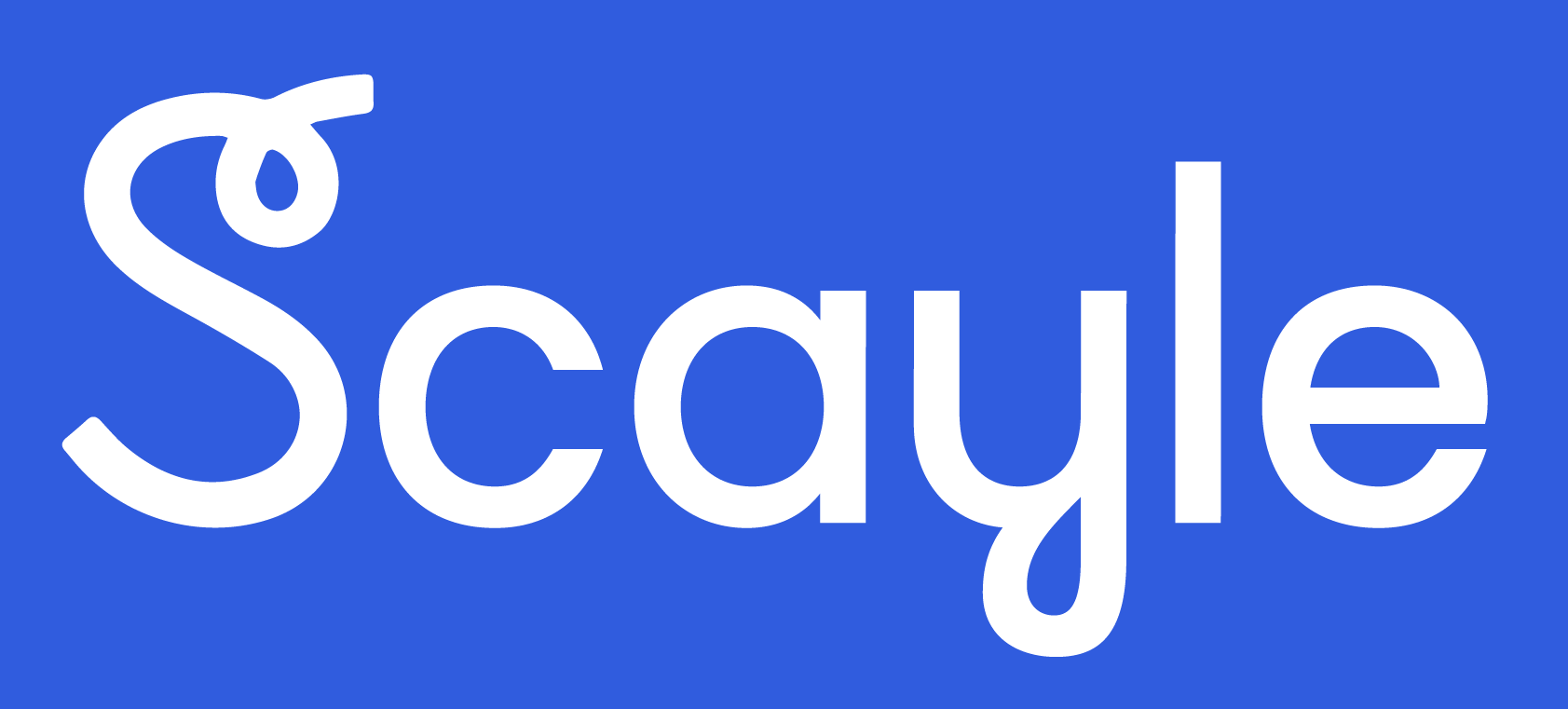Lido Finance: Unlocking Talent and Innovations in the Blockchain Revolution
Welcome to the fascinating world of Lido Finance! In a landscape as dynamic and ever-changing as the blockchain ecosystem, the talent acquisition and retention strategies employed by Lido Finance are anything but boring. With a focus on innovative approaches to identifying and engaging top-notch contributors, Lido is set to reshape the future of decentralized finance. Whether you’re a blockchain aficionado or just dipping your toes into this revolutionary space, join us as we explore how Lido’s unique methods are not only attracting exceptional talent but also driving the evolution of its platform. Get ready for an engaging journey through the intricacies of talent dynamics in the world of crypto!
Lido Finance’s Talent Acquisition and Retention Strategies
Dynamic Talent Mapping in Blockchain Ecosystem
lido finance navigates the complex blockchain talent landscape through innovative identification strategies. While specific details remain opaque, the organization likely leverages Decentralized Identity (DID) models to track and engage potential contributors. These advanced mapping techniques allow precise talent tracking across decentralized networks, enabling Lido to pinpoint skilled professionals who align with their technological vision. By integrating open-source project participation and DAO contributor metrics, Lido can dynamically assess individual capabilities and potential cultural fit within their rapidly evolving ecosystem.
Competitive Compensation Models in Lido Finance Crypto Companies
Pros and Cons of Lido Finance Compensation Strategies:
Pros:
- Liquid staking tokens provide flexible financial incentives
- Aligns rewards with decentralized governance principles
- Enables community-driven compensation models
- Offers transparent, performance-based remuneration
Cons:
- Token-based compensation introduces significant financial volatility
- Potential regulatory risks due to unclear tax frameworks
- Compensation value fluctuates with market conditions
- Complex implementation of equitable reward structures
Professional Development Pathways for Lido Finance Web3 Talent
- Explore Decentralized Governance Learning: Leverage Lido DAO participation to develop advanced blockchain governance skills
- Engage in collaborative decision-making processes
- Gain hands-on experience in decentralized project management
- Build Technical Expertise Through Community Involvement
- Contribute to open-source blockchain initiatives
- Develop smart contract and Web3 programming capabilities
- Career Advancement via DAO Participation
- Gain leadership experience through community-driven projects
- Develop cross-functional blockchain technology understanding
Comprehensive Overview of Lido Finance Platform
Architectural Design of Lido Finance Liquid Staking Protocol
Lido Finance revolutionizes Ethereum staking through a sophisticated smart contract architecture. The protocol integrates two core contracts: the Staking Pool Contract and Oracle Contracts, enabling seamless liquid staking mechanisms. At its essence, the platform allows users to deposit Ethereum and receive stETH tokens, representing a 1-to-1 balance with their staked assets. The Lido DAO governs protocol parameters, ensuring transparent community-driven decision-making. By maintaining a node operators’ registry and sophisticated withdrawal credentials system, Lido transforms traditional staking limitations, providing users unprecedented liquidity and engagement within the Ethereum ecosystem.
User Experience and Interface Innovation
Lido Finance delivers an exceptional user interface that bridges complexity and accessibility in blockchain interactions. The Multichain Hub represents a breakthrough in design, featuring an interactive flip-card interface that unveils critical technical information and real-time data. This innovative approach caters to both novice cryptocurrency enthusiasts and experienced blockchain practitioners. By prioritizing intuitive navigation and transparent information presentation, Lido transforms the often intimidating blockchain experience into an engaging, user-friendly journey. The platform’s design philosophy centers on demystifying liquid staking, making sophisticated financial technologies approachable and comprehensible.
Governance Mechanisms
| Mechanism | Lido Finance | Traditional Platforms |
|---|---|---|
| Decision Making | Community-driven DAO | Centralized control |
| Transparency | High (token holder involvement) | Limited |
| User Participation | Direct governance rights | Minimal input |
| Adaptability | Rapid protocol updates | Slower evolution |
| Voting Power | Proportional to token holdings | Often restricted |
Liquid Staking Token Economic Implications
Liquid Staking Tokens (LSTs) within Lido Finance represent a transformative financial innovation. By enabling users to stake Ethereum and simultaneously receive stETH tokens, the platform unlocks unprecedented liquidity opportunities. Users can participate in network security while maintaining financial flexibility across DeFi applications. Real-world scenarios demonstrate how individuals can stake variable ETH amounts, generating passive income without traditional staking constraints. This mechanism democratizes blockchain participation, allowing even small-scale investors to contribute to network validation and earn rewards simultaneously.
Cross-Protocol Interoperability
Lido Finance champions blockchain interoperability through strategic integration across multiple networks including Ethereum, Solana, Polygon, and Polkadot. This cross-protocol approach enables users to leverage stETH across diverse blockchain ecosystems, expanding potential financial strategies and liquidity options. By facilitating seamless token movement and utility, Lido transforms traditional blockchain limitations, creating a more connected and accessible decentralized finance landscape. The platform’s commitment to interoperability empowers users to optimize their digital asset management, transcending individual blockchain boundaries and creating more dynamic, flexible financial interactions.
Aave and Lido Finance Interaction
Risk Management in Lido Finance Lending Protocols
The integration of Lido Finance with Aave presents complex risk landscapes that demand strategic mitigation. Leverage staking amplifies potential returns while simultaneously exposing users to cascading liquidation risks during market volatility. Chaos Labs’ real-time oracle risk management system becomes critical in this context, dynamically optimizing protocol parameters to enhance stability. By implementing specialized risk controls, Aave effectively creates protective mechanisms that minimize potential financial exposure. The customized market architecture allows isolated collateral risk management, ensuring users can engage with Lido Finance’s liquid staking tokens while maintaining robust security protocols that adapt to changing market conditions.
Yield Generation Strategies with Lido Finance and Aave
Users can optimize yield generation through strategic interactions between Lido Finance and Aave by following key steps: First, stake ETH on Lido to receive stETH, which serves as versatile collateral. Second, deposit stETH on Aave to generate additional lending rewards. Third, carefully borrow against the collateral to create leveraged staking positions. Fourth, dynamically rebalance funds across protocols to maximize returns. Fifth, utilize automation platforms like Yearn Finance to compound gains efficiently. Importantly, continuous evaluation of smart contract security, platform stability, and potential impermanent loss risks remains crucial for maintaining a balanced and profitable DeFi strategy.
Collateral and Borrowing Dynamics in Lido Finance Ecosystem
The symbiotic relationship between Lido Finance and Aave creates sophisticated collateral and borrowing mechanisms that transform traditional crypto interactions. Users can stake ETH on Lido to receive stETH, which becomes powerful collateral on Aave’s platform, enabling advanced leverage staking strategies. Aave’s V3 architecture dynamically adjusts borrow rates to maintain protocol profitability, strategically increasing wstETH borrow rates to enhance native supply yields. These customized market integrations significantly improve capital efficiency, allowing users to optimize their financial positions while providing the Lido Finance decentralized autonomous organization (DAO) with enhanced operational flexibility and risk management capabilities.
Staked Ethereum Explained with Lido Finance
Technical Architecture of Lido Finance Ethereum Staking
Lido Finance transforms Ethereum staking through a streamlined process. Users deposit ETH into the protocol, receiving stETH tokens representing their staking pool share. The system aggregates deposits, combining multiple contributions to meet Ethereum’s 32 ETH validator requirement. This mechanism enables participants to stake without managing complex validator infrastructure. By utilizing a pooling strategy, Lido democratizes staking participation, allowing users with smaller ETH amounts to engage in network validation. The protocol’s architecture ensures efficient token representation, creating a liquid staking solution that bridges individual investors with Ethereum’s broader validation ecosystem.
Validator Network Performance and Rewards in Lido Finance
How does Lido optimize Ethereum staking rewards? The protocol leverages a diverse set of Node Operators and Distributed Validator Technology (DVT) to maximize performance. Users earn rewards proportional to their stETH holdings, with the system distributing staking income from Ethereum 2.0. What determines reward potential? Client diversity plays a crucial role, ensuring no single validator client exceeds 50% to prevent systemic failures. Can users maximize yields? By integrating stETH into DeFi protocols, participants can generate additional returns beyond standard staking rewards, creating a dynamic and flexible investment strategy.
Security and Smart Contract Auditing Practices for Lido Finance
Lido Finance prioritizes security through comprehensive risk management strategies. The protocol implements advanced protective measures, including oracle monitoring and Distributed Validator Technology to mitigate potential validator failures. Managed by the Lido DAO, the system carefully selects trusted Node Operators while preventing direct access to user funds. Although specific audit details remain confidential, the platform demonstrates a proactive approach to technological assessment and continuous improvement. This commitment ensures a robust security framework that adapts to emerging challenges in the rapidly evolving blockchain ecosystem, maintaining user trust and protocol integrity.



